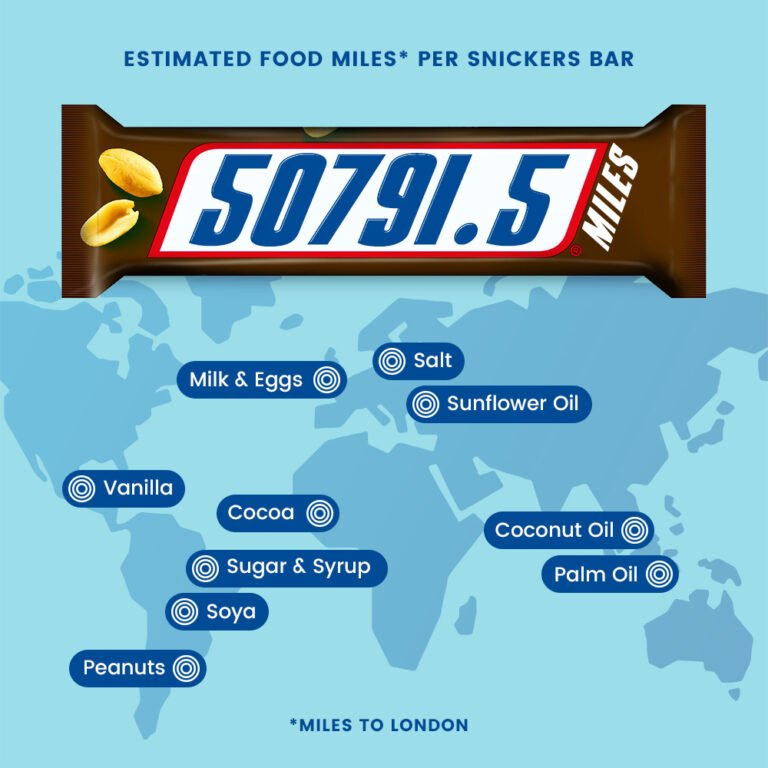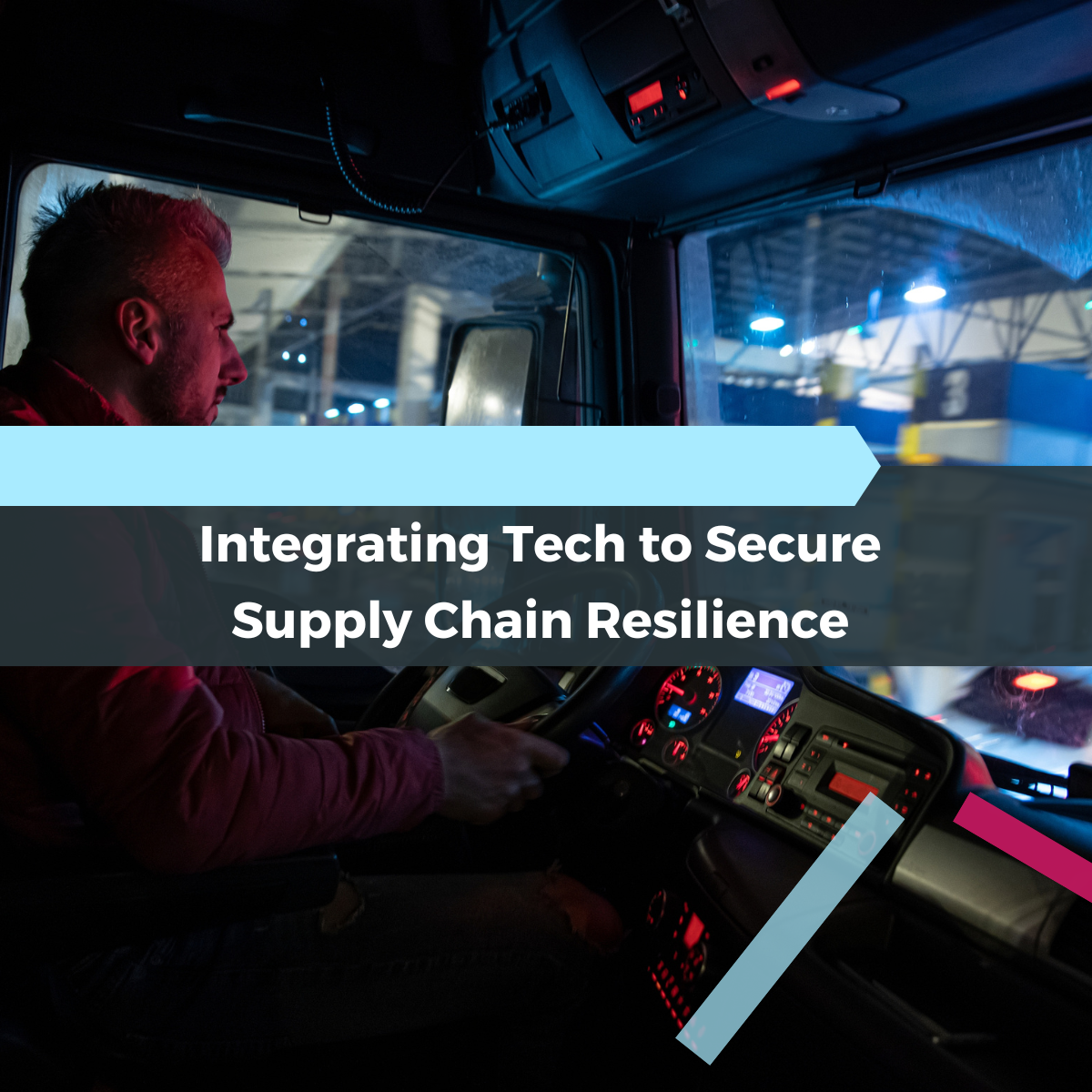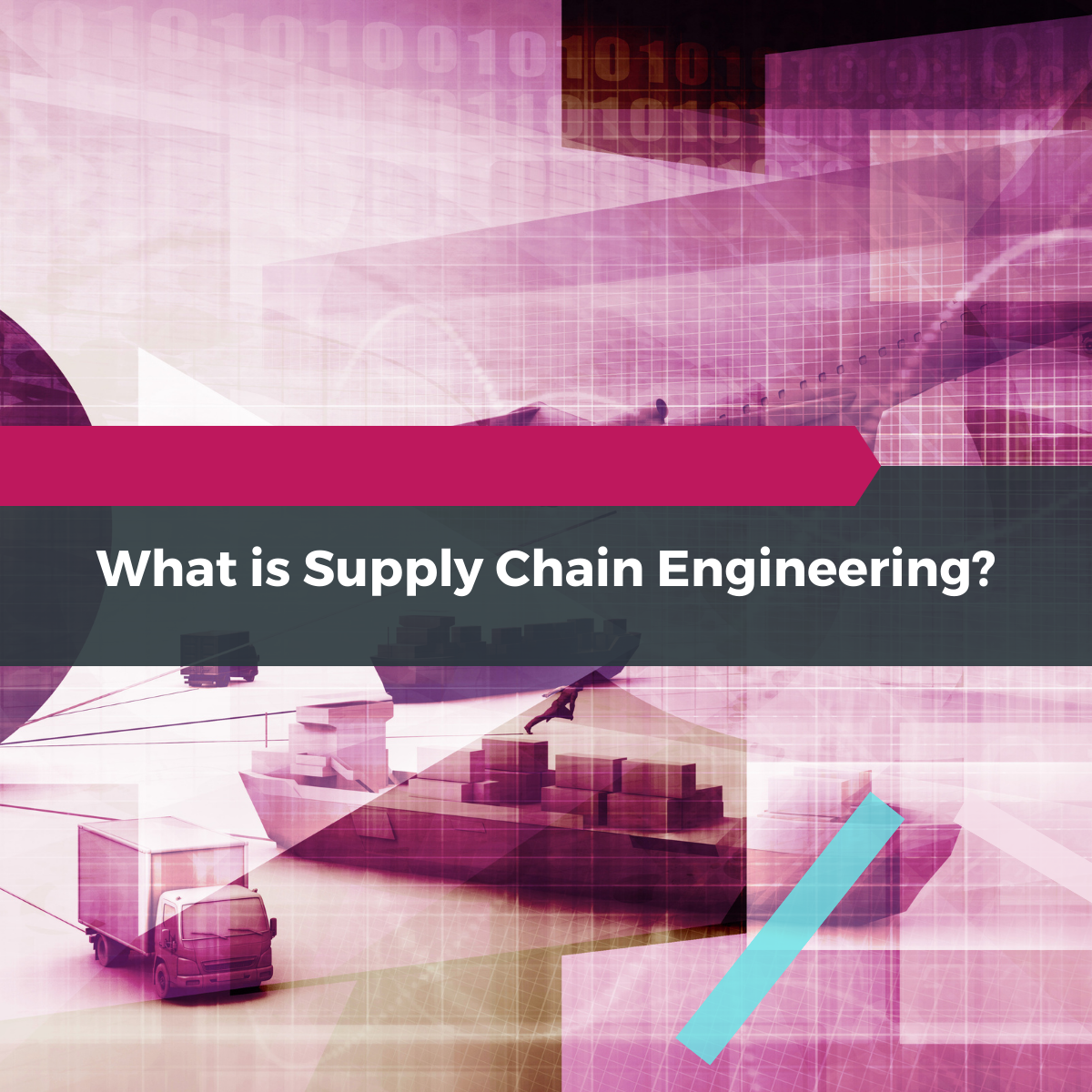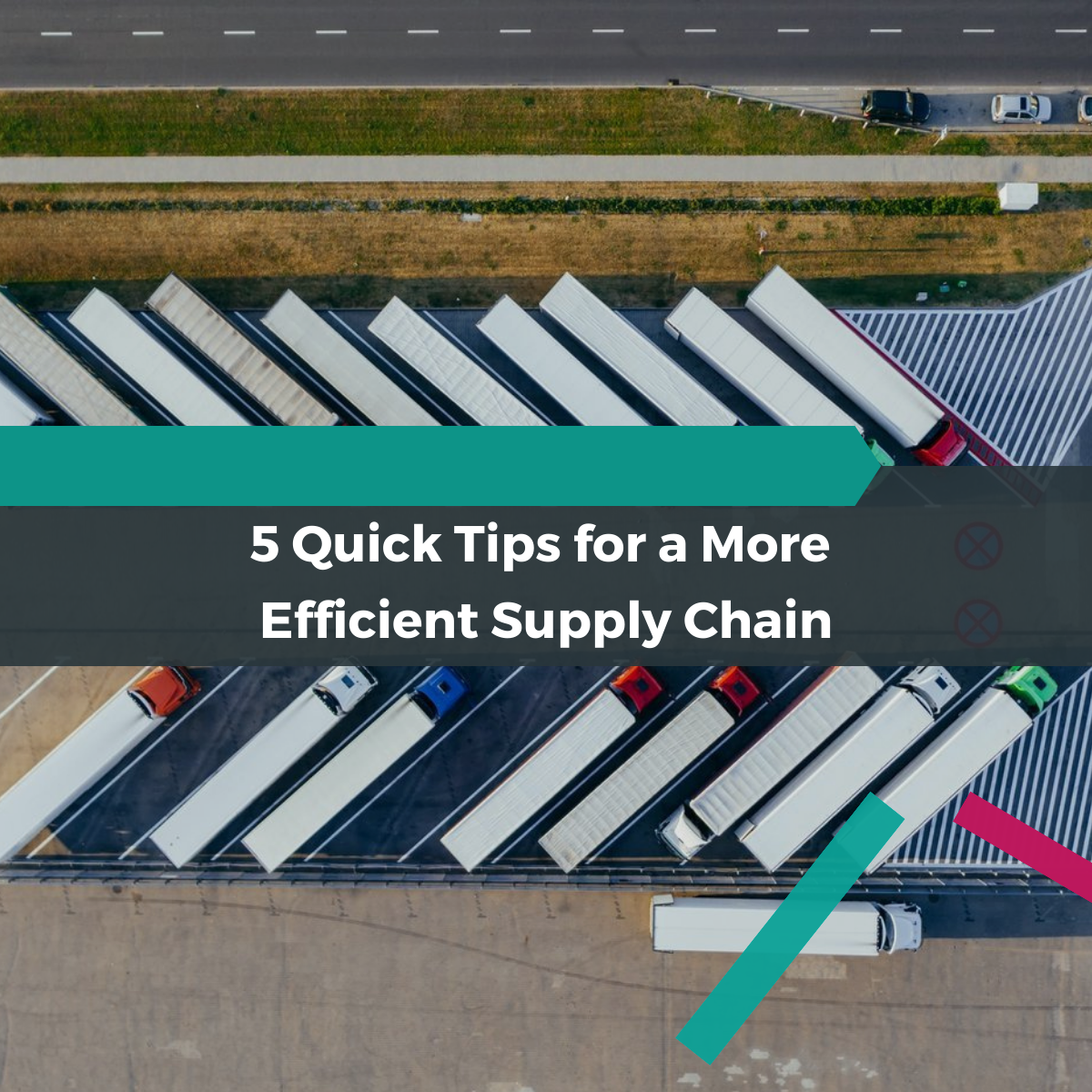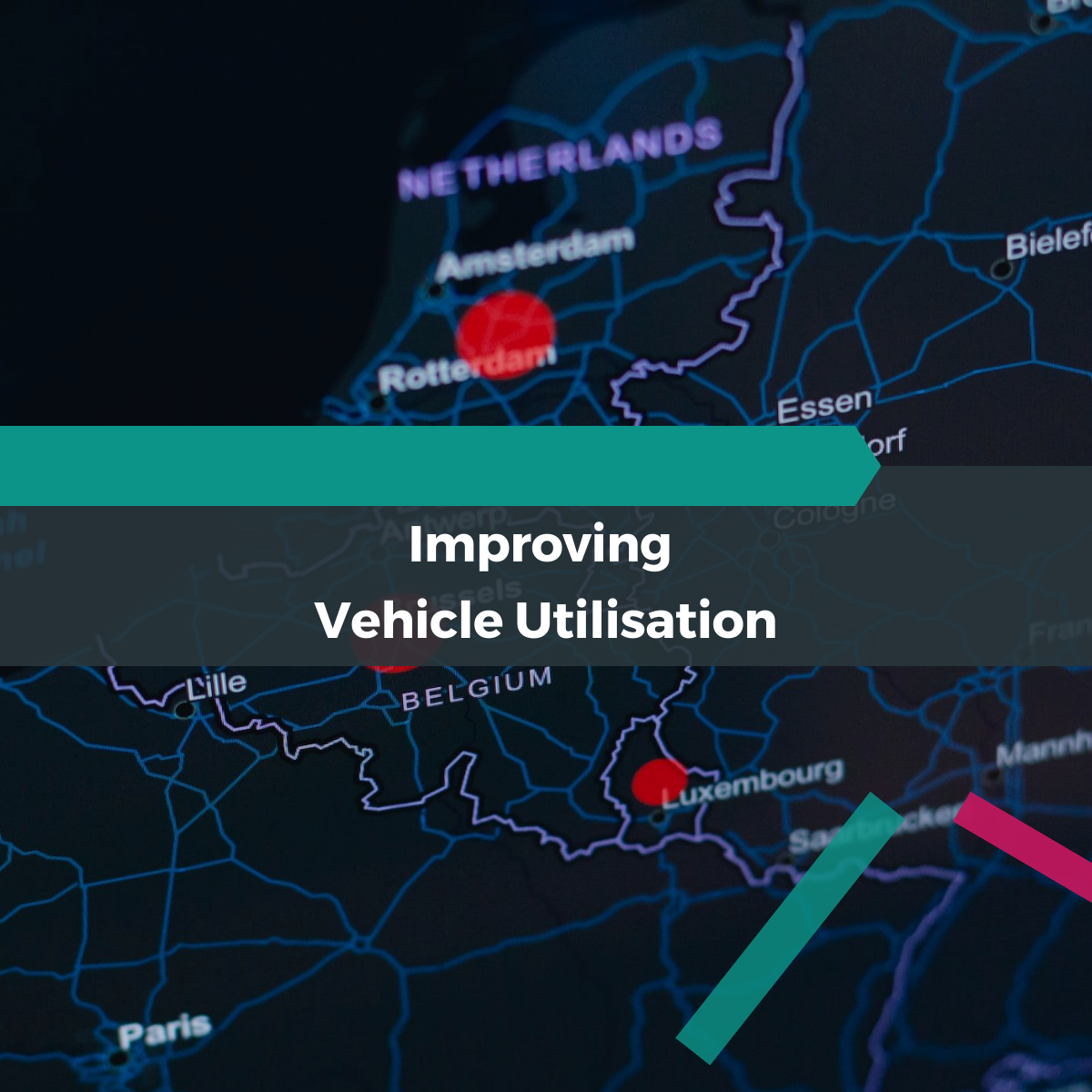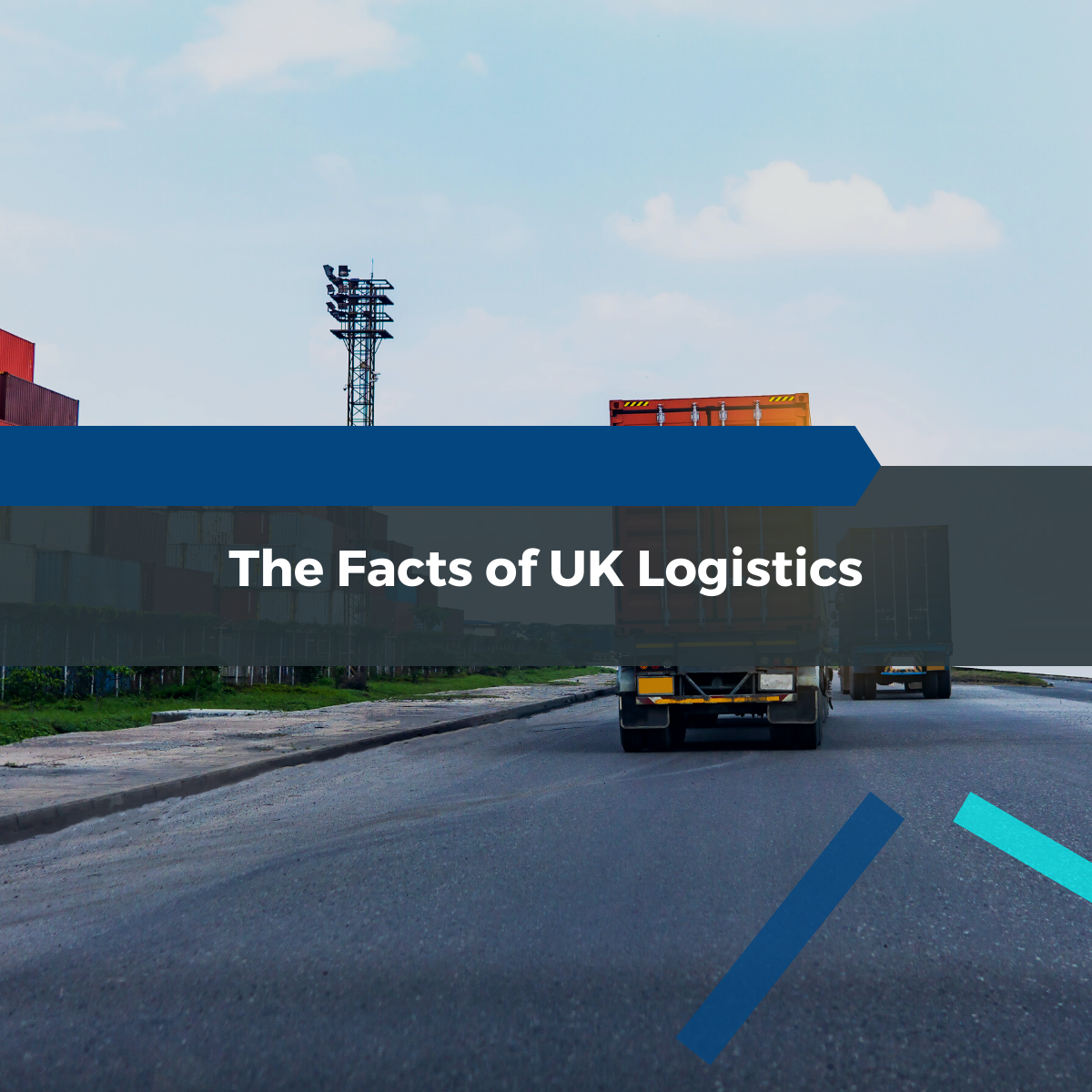Did You Know These Facts About Logistics in the UK?

We all know the English climate is not ideal for producing fresh fruit and vegetables in the UK.
Thankfully for consumers, supermarkets can source food from all over the globe… but this is often at the cost of our planet. Imported food often has a heavy carbon footprint compared to locally produced, seasonal food.
But what is the real impact of the food on our plates and how can we create a more sustainable system?
Did you know that…
Traditional English varieties of broccoli are only available from February to April. The rest of the year fresh broccoli is imported, largely from Spain racking up an estimated 1000 miles before hitting supermarket shelves.
Strawberries also often make the journey from Spain to the UK, with 75% of strawberries we consume being imported. The UK also imports a percentage of its strawberries from California - importing just one kilogram of strawberries from the US is the equivalent of keeping a 100 watt light bulb on for eight days!
Despite being able to grow them in the UK, over 75% of the onions, cucumbers, peppers, and tomatoes we consume are also imported.
Onions are one of the furthest sourced vegetables in the UK, with many imports coming from New Zealand. A single onion averages 7,860 food miles before it reaches UK customers.
Food miles for individual products are incredibly high, but these don’t even come close to large when we consider the impact of items with multiple ingredients. For example, No Blue estimated that one snickers bar accumulates 50, 791.6 food miles before it reaches its customers in London.
Did you also know that…
89% of all products in the United Kingdom are transported by road freight.
And 98% of all agricultural and food products in Great Britain are transported this way at some stage in the journey.
According to BBC Good Food transporting food within, to and around the UK produces 19 million tonnes of CO2 annually – equivalent to around 5.5 million typical cars.
Currently, road freight is operating at only 47.55% utilisation…
Resource utilisation is the key to drive sustainable and cost-effective supply chains however it’s not always easy to see how improvements can be made.
With today’s technology logistics has the potential to become a more sustainable industry and it’s not at the cost of the UK’s food supply.
We have engineered ways to create transparent and effective supply chains that highlight solutions to repair inefficient utilisation to ultimately improve the way road haulage operates in the UK.


